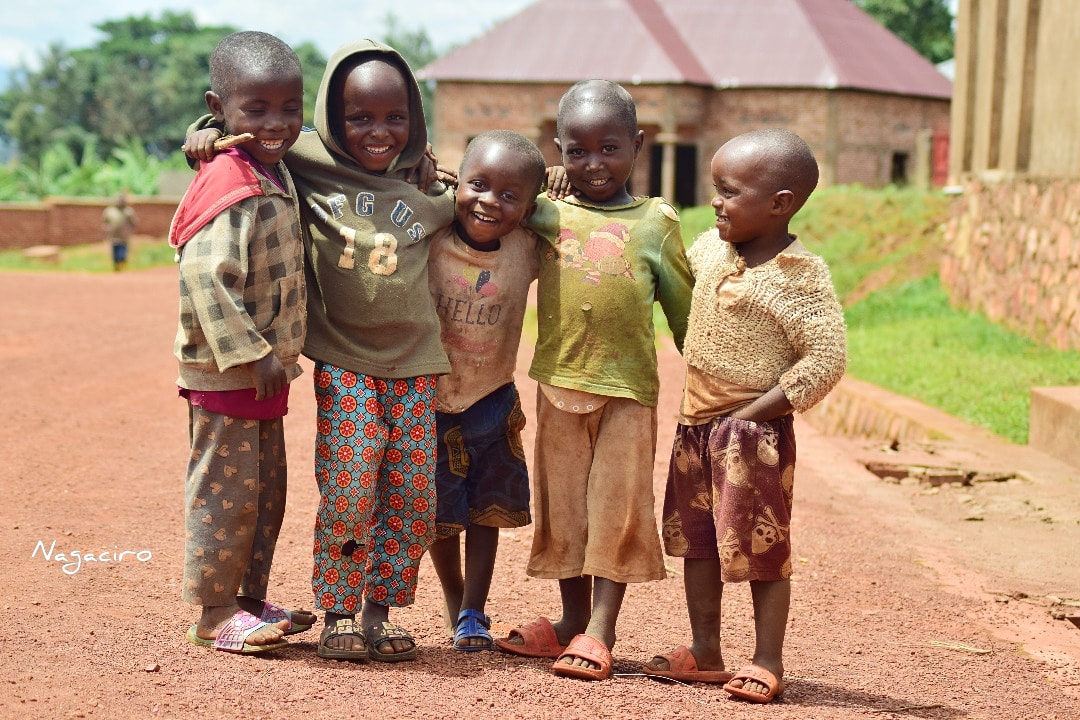Raising a child is challenging, but raising twins presents even greater complexities. In Burundi, this is compounded by specific rituals associated with twin births.
Historically, and even today, a Burundian child is regarded as a gift from God, nurtured with immense care and love. This moment is an opportunity for us to share with you what happened when parents gave birth to twins in the past.
When twins were born in certain family, it was considered a unique occurrence. Songs and dances accompanied their arrival, more so than with the birth of a single child. According to ancestral beliefs, the birth of twins was seen as both awe-inspiring and somewhat alarming, prompting immediate notification of the entire family.
Family members would rise and dance joyfully to express their happiness. However, their joy was mixed with great fear, as if a weight pressed upon them. They would implore God for mercy and relief.
People would bring seeds from various crops, regardless of quantity, as gifts for the twins, They danced joyfully while celebrating them. Despite the festivities, twins were sometimes viewed with fear within the family, with some considering their birth a sign of misfortune.
Certain practices observed when a mother of twins leaves the house through the main door
In such cases, the families of the twins both paternal and maternal would begin to shift blame onto each other. Some would claim that the twins did not belong to their family, while others would assert the same. They sought to distance themselves from the consequences of this birth, which was feared, to prevent any misfortune from befalling their family.
This reflects a belief or custom where some individuals might be reluctant to accept twins or triplets due to superstitions or cultural beliefs associating such births with unusual or ominous events. Such practices were also present in Burundian customs.
This was evident during the celebration of twins, where each family member followed their own path: the husband’s family would sit on one side, and the wife’s family on the other. They would also dance separately.
During the rituals, members of the husband’s family would choose the elder twin (the firstborn) and would be the first to enter the house, while the wife’s family would follow, carrying the younger twin.
Morover, sheep are offered to them. Sheep were considered sacred animals in Burundian culture. Thus, white sheep were offered to Bukuru, the firstborn of the twins, and Butoyi, the secondborn. This symbolized that these children were entrusted to God (Rugira), the god who owns cattle and children (Rugira rugira inka n’ibibindo), so that He may protect them, as well as the parents who brought them into the world.


